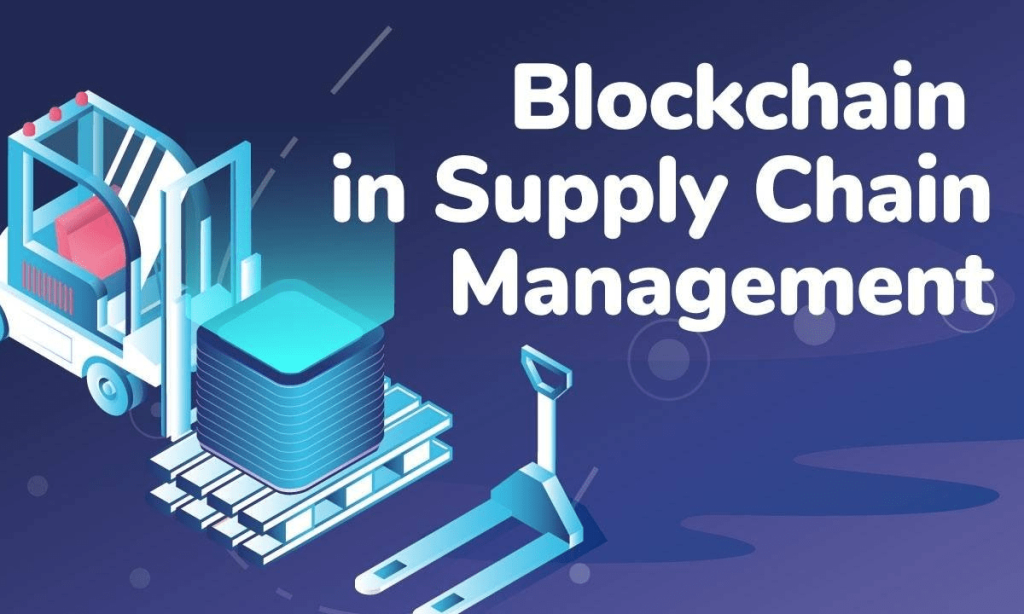
Understanding Blockchain in Supply Chains
Blockchain technology isn’t just for storing cryptocurrency, but it’s being more and more utilised to improve the visibility of the supply chain. By using an indefinite, unalterable ledger that can be distributed and modified to track transactions, the technology allows everyone who is involved with the supply chain to gain access to real-time, accurate data.
This transparency enables companies to track the origin of their goods until they arrive at their destination in order to ensure the authenticity, quality and reliability across every step of the distribution chain.
Benefits of Blockchain for Supply Chains
Blockchain provides a range of advantages over the monitoring of digital assets. It permits the monitoring of goods in real-time and decreases the chance of fraud. It also helps to reduce disputes between manufacturers, suppliers and retailers.
With reliable information throughout the process, businesses can increase their control of inventory, improve their logistics processes, and increase the effectiveness of operations.
Additionally, the transparency offered by blockchain increases the confidence of customers, as they are increasingly in need of confidence in ethical sources and sustainable ways of operating.
Practical Applications Across Industries
Different industries employ blockchain technology to boost the supply chain. In the food and beverage industry, blockchain technology can ensure the safety of the product by tracing the origin of the product as well as observing the conditions of storage.
Within the field of medicine, it helps combat fake drugs by providing a permanent record of production and distribution.
Retail and manufacturing sectors make use of blockchain to track shipping and verify the authenticity of suppliers, and increase accountability in the supply chain around the world.
Overcoming Challenges and Adoption Considerations
While blockchain has numerous advantages, the integration of blockchain into the supply chain doesn’t come without difficulties. Integration with advanced technology, regulation compliance and technical knowledge are crucial elements.
Companies must be aware of issues related to compatibility and scalability to ensure that solutions utilising blockchain are compatible with all logistics systems.
The Future of Blockchain in Supply Chains
As technology develops and advances, blockchain technology is expected to play a significant role in achieving an all-encompassing transparency in logistics.
Through the combination of blockchain technology with IoT devices and AI analytics, businesses can gain greater insight into the workings of their businesses and anticipate disruptions that could occur and make the best choices based on the data.
Businesses that have adopted blockchain technology are in a position to boost efficiency, security and accountability, and set new standards for managing supply chain management in an increasingly technologically-driven world.
